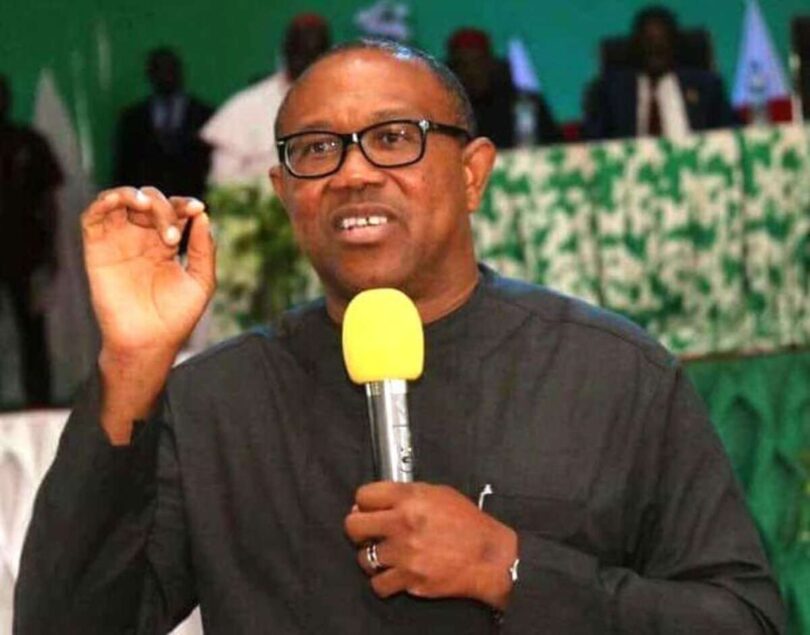Matthew Amaechi
In a scathing critique of Nigeria’s education system, former presidential candidate Peter Obi has issued an urgent call for major reforms after the latest Unified Tertiary Matriculation Examination (UTME) results revealed a staggering mass failure.
According to the official figures released by the Joint Admissions and Matriculation Board (JAMB), over 78% of the 1,955,069 candidates who sat for the 2025 exam scored below 200, leaving more than 1.5 million students with scores deemed unsatisfactory for tertiary admission.In a series of posts across his official social media accounts on Tuesday, Obi denounced the exam outcomes as “a reflection of the deep-rooted challenges in our educational system.” He argued that the low performance is not merely a matter of individual capability but rather the result of chronic underinvestment and neglect in the country’s education sector.
The latest JAMB results once again highlight the consequences of decades of underinvestment in education, a sector that should be central to our national development strategy,” Obi stated emphatically.
Drawing on international comparisons to underscore the gravity of the situation, Obi cited examples of countries that have rapidly advanced educationally despite once being developmentally behind Nigeria. He contrasted Nigeria’s higher education landscape with that of Bangladesh, noting that while Nigeria has around 2 million university students nationwide, Bangladesh’s National University alone enrolls over 3.4 million students—a stark reminder of the gap in educational capacity and outcomes.
Additionally, Obi pointed to Turkey, home to more than 7 million university students despite having a population of roughly 87.7 million, as an illustration of how strategic investment in education can yield robust academic and economic benefits.
Education as a Strategic Investment
Emphasizing the central role of education in national development, Obi stressed that a robust, well-funded educational framework is not just a social service but a strategic investment essential for lifting citizens out of poverty. “Education is the most critical driver of national development and the most powerful tool for elevating our people from the cycles of poverty,” he remarked.
His critique calls into focus the urgent need for restructuring the education sector, insisting that improvement should be comprehensive—spanning primary schools through to tertiary institutions.
In his statement, with a resolute call to action, Obi urged the government to adopt an aggressive, comprehensive approach towards reinvesting in education. He argued that only through substantial government intervention can Nigeria hope to build a prosperous, secure, and equitable society. “If we are serious about our future, we must address the systemic issues undermining the effectiveness of our education system,” he implored, emphasizing that every level of education must benefit from this renewed commitment.
As the nation grapples with the fallout of these dismal exam results, Peter Obi’s remarks have reignited a broader debate on the accountability of policymakers in shaping an education system that meets the demands of a modern, competitive world. The call for immediate, far-reaching reforms now hangs in the balance as stakeholders across the country await decisive action from government leaders.

